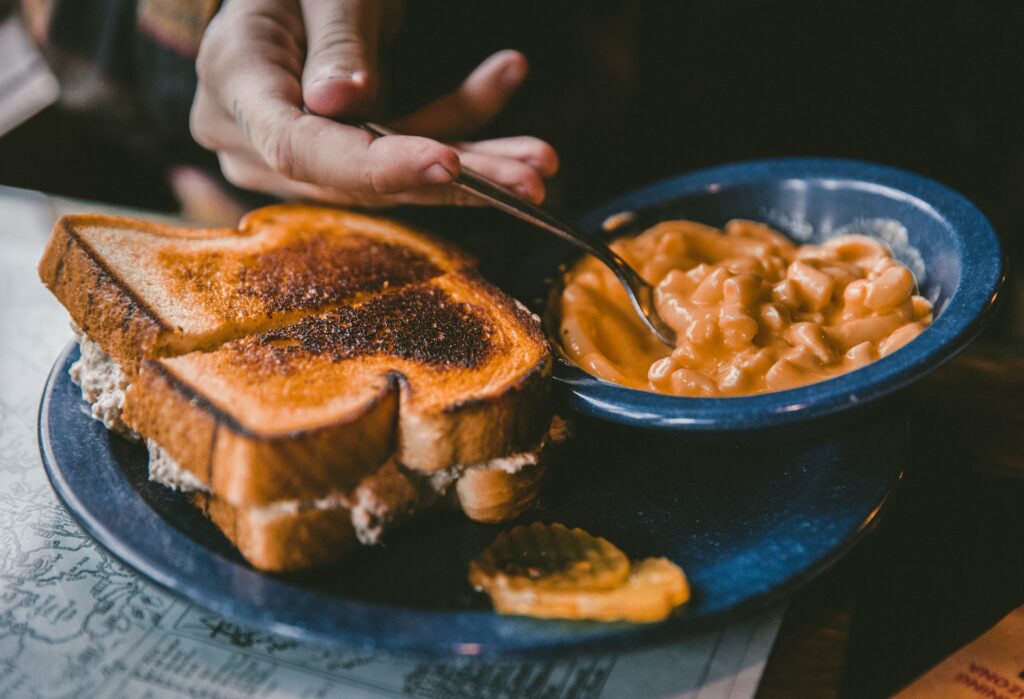Runners: stop cutting carbs (here’s why)
Carb-cutting fads may be steering runners toward underfuelling
 Photo by:
Unsplash/gardie-design
Photo by:
Unsplash/gardie-design
Eliminating carbohydrate from our diets is a popular topic in mainstream media, as well as within running culture. Some people swear by keto, or eating a high-protein diet with minimal carbs, but there is science backing why many of the best runners on the planet continue to fuel and perform well with high-carb diets. Before you start tossing your whole-grain bread and banning your carb-load dinners pre-race, there are a few things you should understand about carbs.

Carbs are our primary energy source
Carbohydrates are the body’s primary and most efficient source of energy. During all exercise (but particularly during endurance running), your body relies heavily on stored carbohydrate (glycogen) for fuel. Eliminating that source can result in a lack of energy and decreased performance. All carbs are not equal nutritionally; runners (like everyone) should aim to eat whole-grain sources that are as minimally processed as possible (for example, choosing whole-grain bread over white, and steel-cut oats over regular oats).
Unfortunately, fad diets and misinformation about nutrition are easily accessible; some people may choose to cut carbs because they’ve heard that it’s an effective way to lose weight or improve health, even if these claims are not evidence-based.
Why are low-carb diets so popular?
Out of the three different macronutrients–proteins, fats and carbs–only fats and carbs are actual energy sources. Proteins are directed to the building blocks of the body, like tissues, enzymes, hormones and cells. If you aren’t eating enough, your body will break down muscle for energy (i.e., you will lose muscle), which is obviously not the goal and can cause a litany of problems.
The goal of a low-carb diet, or ketosis, is to reduce your insulin resistance (which can cause excess sugars in the body to be stored as fat). If you have diabetes (or a genetic predisposition to it), you may benefit from a ketogenic diet, but in general, because athletes are less sedentary than other people, they will benefit from a diet that’s rich in healthy carbohydrates, for the quick energy useful in sustaining activity.

Help your muscles recover quickly
Carbohydrate plays an important role in helping your muscles recover and in building endurance. Post-workout, carbs replenish glycogen stores, ensuring that you have the energy to sustain long runs and recover quickly. Cutting carbs can lead to slower recovery times and sluggish, tired muscles. “Cutting carbs makes it more difficult to build and maintain muscle mass, because your body starts breaking down muscle tissue to use for fuel,” says Maddie Alm, a registered dietitian out of Boulder, Colo.
Your brain uses carbs, too
Carbohydrate provides glucose, which is essential for brain function. This is important: maintaining cognitive clarity and focus during training and races is crucial for success, and reducing carb intake can lead to mental fatigue and decreased concentration.

